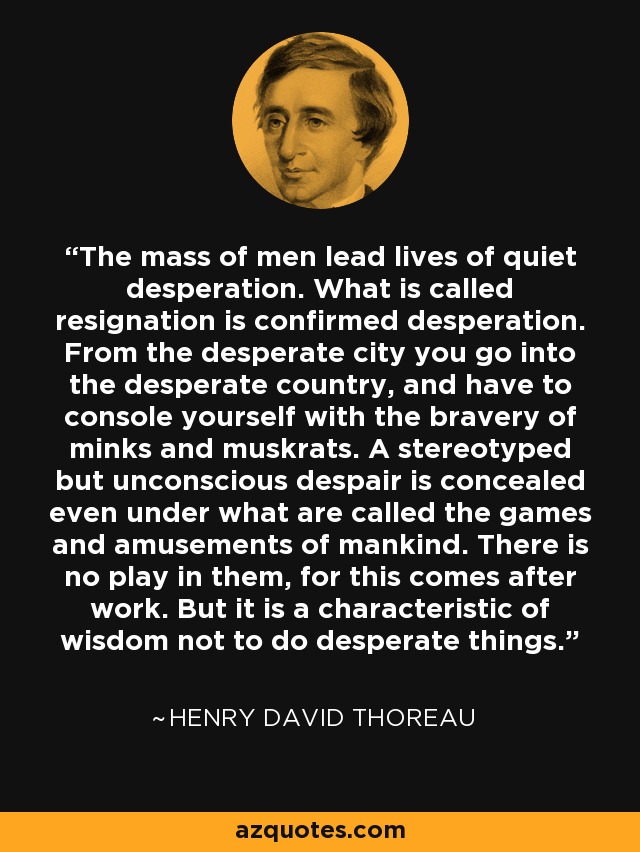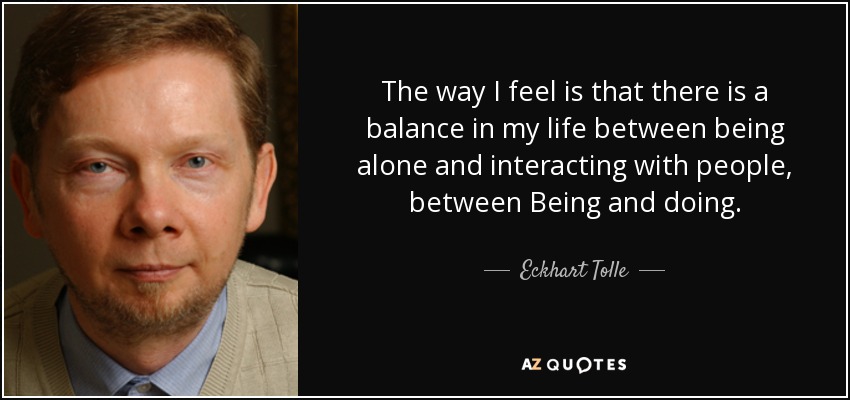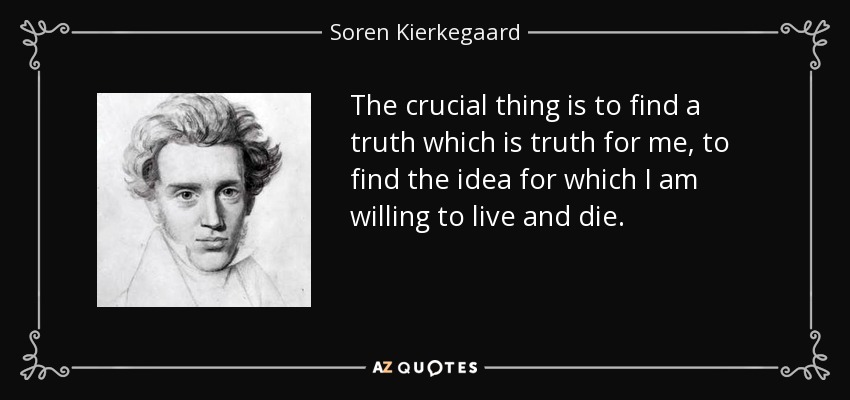Click here to return to Blog Post Intro
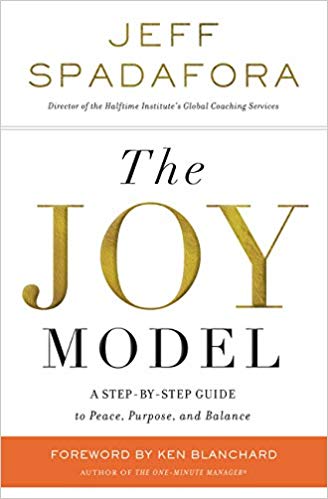
Joy Defined
Joy is different from the term most often used interchangeably (and incorrectly) with it: happiness. Happiness is circumstantial. Joy, on the other hand, continues despite the circumstances. Peace, comfort, and fulfillment are interchangeable with joy. The common thread is a state of mind and heart that transcends our day-to-day situation—the psychological, emotional, and spiritual state of being that trumps the practical realities of our lives.
You can improve your circumstances and your levels of joy by taking action on things that are within your control (e.g., your health, relationships, finances, career) and getting them in alignment with God’s ways. It’s about obedience, about applying God’s principles to the parts of life you have control over.
One pastor said, “Christians need to go deeper with the Lord. Our faith is a mile wide and an inch deep. You will be continually frustrated with your spiritual journey until you have an abiding relationship with Jesus Christ.”
Frustration Revealed
Churches are full of frustrated believers and have very few joyful followers.
According to LifeWay Research—a Southern Baptist Convention organization that studies all things Christian—the top two reasons people leave one church to join another are:
- “The church was not helping me grow spiritually”
- “I did not feel engaged/involved in meaningful work in the church”
If that sounds familiar, you’re not the only one stalled on the “Being with God” and “Doing for God” dimensions of faith.
Harold Thurman (preacher, author, and civil rights leader) said, “Don’t ask what the world needs. Ask what makes you come alive, and go do it. Because what the world needs is people who have come alive.”
What’s Wrong?
Being is about our hearts and our relationship with God through Jesus and the Holy Spirit.
Doing is loving people, serving people, and meaningful work.
Jesus’ two greatest commandments spell it out this way: “Love the Lord your God with all your heart and with all your soul and with all your mind and with all your strength (Being). The second is this: ‘Love your neighbor as yourself’ (Doing). There is no commandment greater than these” (Mark 12:30-31).
Being is the spiritual process of growing in the knowledge of God and of myself. Doing is living out all that I am learning and becoming in all aspects of my life.
The Joy Model is a representation of the old adage that “essence begets action.” Who we are, how we perceive God, how we see the world, and how we think (our Being) effortlessly flow into how we live (our Doing).
Most people—especially capable and successful people—have a bias toward action and Doing something different with their lives to change their circumstances and improve their level of joy. The problem is that if we focus our efforts on more noble activities but never allow the Holy Spirit to rewire our minds and hearts, we’ll never experience lasting joy.
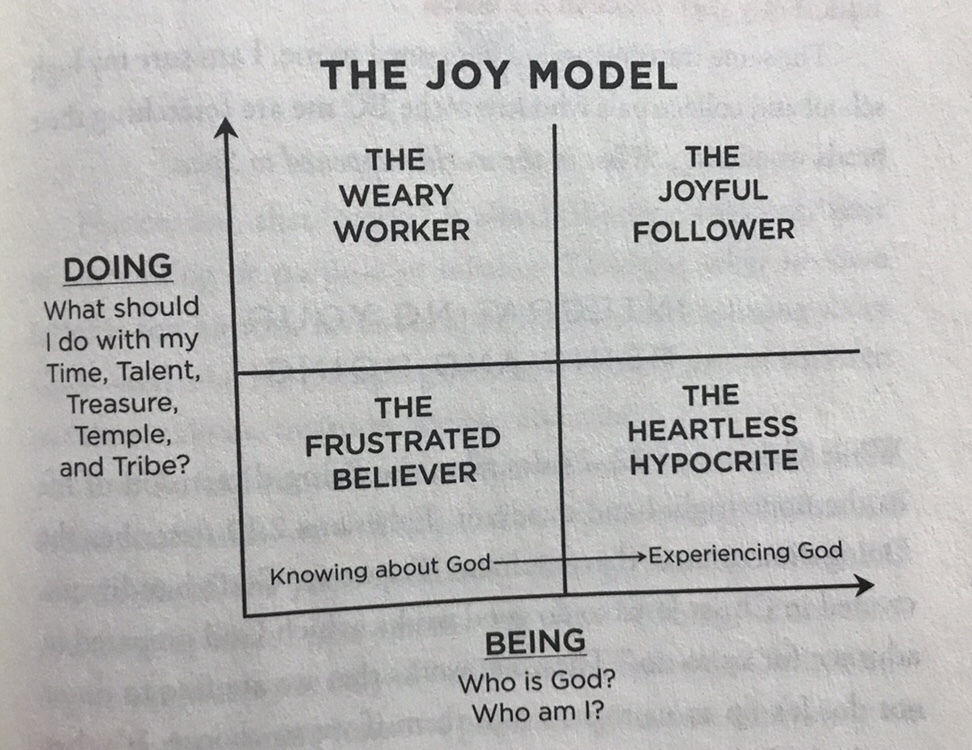
Integrating Your Being and Doing
Galatians 5:22-23 describes the Being dimension of life in the upper right-hand quadrant, Ephesians 2:10 describes the Doing dimension of that quadrant: “For we are God’s handiwork, created in Christ Jesus to do good works, which God prepared in advance for us to do.”
Bob Buford contends that when we stand before God at the moment of death, we will be asked two questions:
- What did you do about the Jesus question? (Being)
- What did you do with what I gave you to work with? (Doing)
The M.A.S.T.E.R. Plan
- Margin
- Abiding
- Self-Awareness
- Treasure & Temple
- Engagement
- Relationships
-
Margin: Making Room for Change
Margin is the first step. We have to create some margin in our calendars (easier said than done) before we can find the time to lean into any of the other aspects of our lives.
Our leisure time has shrunk by 37% since 1973. And the average work week has stretched from 41 hours to 47 hours.
“No margin. No mission.” You won’t experience purpose, meaning, and joy if you don’t create margin in your calendar to proactively make changes in your life. The best way to significantly build margin into our calendars is to go beyond the time management approach and explore the personal values approach. The clearer we are on our values, our priorities, and our calling, the easier it is to say no to things that don’t fit the big picture of where we want our lives to go.
If you want capacity in your calendar, get conviction about your calling. People will always find a way to create margin for what’s important to them and what they value.
B.U.S.Y. = Burdened Under Satan’s Yoke. Satan wants to keep us so busy that there will be one less Joyful Follower growing the kingdom of God.
For most people, displaying constant busyness is something they do to convince themselves and others of their worth, their abilities, and their sense of responsibility.
-
Abiding: Life with the Spirit
Abiding with God—that is, really getting to know Him—goes hand-in-hand with getting to know yourself. This word is a simple yet profound description of the relationship God desires with us: “Abide in Me, and I [will abide] in you” (John 15:4). He wants this for His pleasure and ours.
Researchers at an organization called the Center for Bible Engagement have been studying Bible reading behaviors of more than 200,000 people from twenty countries since 2003. They have identified something they call the Power of the Four: “A key discovery from the CBE research is that the life of someone who engages scripture four or more times a week looks radically different from the life of someone who does not. In fact, the lives of Christians who do not engage the Bible most days of the week are statistically the same as the lives of non-believers.”
Meditate On and Memorize the Bible
Christian meditation is about emptying our minds—specifically of all the bad, negative, false, and depressing stuff—but then filling it back up with the truth about how life really works. It simply means focusing on a passage from the Bible, repeating it, thinking about its meaning, and letting it sink into your soul.
Consider the word marinate when thinking about abiding with God’s Word, because it really captures what happens when we meditate. Meditating allows us to take on the flavor of God—to become more like Jesus, to be transformed over time.
Prayer
Follow the P.R.A.Y. acronym:
- Praise Him by counting all your blessings.
- Repent of all the thoughts and actions that distance you from God or hurt others. Repent specifically means to start thinking like God thinks.
- Ask boldly and specifically. The Bible says, “We do not have because [we] do not ask God” (James 4:2).
- Your Will: “Not as I will, but as You will” (Matthew 26:39). Trusting that God’s plan—most likely a little different from mine—is better for everyone involved.
The classic book called The Practice of the Presence of God written by a French monk in the sixteenth century known only as Brother Lawrence explained that every step he took, every chore he did, and every interaction he had with another person was a combination of prayer, love, and worship. He lived his days with Jesus right next to him. It’s more like a state of being and consciousness than mental dialogue or the recitation of prayers.
Consider taking a full 24 hours to get away for the sole (soul) purpose of abiding with God. Spadafora does it once a quarter, and he also designs a summer retreat of 3 days in the mountains to read, pray, and write. A retreat like this—a solo silent retreat—will be awkward at first and even seem counterproductive. The solo silent retreat is the single most powerful exercise you can take when it comes to understanding who you are and how God uniquely wired you for His purpose.
Christian Camaraderie
Abiding with God is not only a solitary endeavor. It is also done in community with other believers. We need the encouragement and accountability that come with having a few good friends who love God, are spiritually mature, and enjoy getting together to live life.
Fasting
In Matthew 6:16, Jesus said, “When you fast,” not “If you fast.” Fasting is more than a recommendation. It is an expectation because our daily living can numb us, harden our hearts, and make us lose touch with our responsibility in advancing God’s kingdom on earth.
Fasting is a way to intentionally disrupt our comfort and make us more mindful of God and more loving to others.
-
Self-Awareness: Who are You Really?
Abiding and self-awareness are parallel.
The False Self is the character, personality, title, position, and identity that we have built up for public display over the years. It’s fear of other peoples’ judgment that lets greed, pride, lust, shame, guilt and anger slip into our thinking and drives all of our posturing and posing so that people will see us as likable, lovable, smart, successful, and funny.
Who cares if people get upset that you’ve killed your False Self? (Remember, there are many who like and who have come to count on the false you.) Who cares if people don’t like your new True Self? You have an audience of One to please.
Understanding who you are—how God uniquely put you together—is critical to building a life of joy.
Self-awareness reveals your passions, strengths, blind spots, and environments you thrive in, as well as your fears, selfishness, pride, and worries. It’s about knowing how you relate to God, how you communicate with others, how you think and process information, what things you avoid, what you are passionate about, and other components that are unique to you.
After spending a number of years tending to the needs of people who were dying, Bronnie Ware wrote The Top Five Regrets of the Dying. The most common regret of the people she worked with? “I wish I’d had the courage to live a life true to myself, not the life others expected of me.”
The Bible teaches us to seek the counsel of many (Prov. 15:2). It doesn’t say we have to “follow the counsel of all.”
We’ve so bought into the materialism of our culture that even our Christian friends might caution us to slow down, be thankful for what we have, and set aside our dreams and passions.
Consider this—one of the oldest, most cliched coaching questions known to mankind, “If time, money, and failure weren’t obstacles, what would you do with your life?”
Take 15 minutes to describe the ideal day, week, month, and year of your perfect life. When you’re done, ask, “How can I live this dream and make a positive difference in peoples’ lives and glorify God?” This extra question—applied after all your dream writing—will ensure your dream isn’t leading you toward the self-indulgent dead end of secular happiness. Real joy is being exactly who we are in service to others and for the glory of God.
-
Treasure: The Green Monster
Doing what you know in your heart you need to do to build a life of greater joy could cost you—
either in the form of less income earned, investments sold, savings tapped, or shiny new things not purchased.
A recent study of U.S. adults showed that while money matters, the incremental impact on a person’s joy starts to diminish dollar for dollar after the $75,000 annual income mark. In another ongoing study, Martin Seligman, the author of Flourish, notes that “life satisfaction in the United States has been flat for fifty years while GDP has tripled.”
The most common reason why finances degrade people’s joy has to do with identity and pride. Most people—especially men—measure their self-worth based on their incomes. King Solomon said all of his amassing of wealth was nothing but vanity and a chasing of the wind (Ecclesiastes 2:26).
Spadafora explains, “My coach asked me a simple question that rocked my world: ‘Do you believe you are responsible for your family’s financial security?’ I was familiar with Jesus saying: ‘Seek first His kingdom and his righteousness, and all these things will be given to you as well’ (Matthew 6:33). The answer to my coach’s question came up ‘yes,’ I did believe I was responsible for my family’s financial security, and I was disappointed in my lack of faith. I was trapped in myopic, binary thinking; focus on your peak earning years or follow your heart and be broke.”
Then, Spadafora put his focus on serving God and others instead of focusing on and fretting about money for one year. He found that he was slowly releasing the death grip he had on his preprogrammed dream: the unquestioned and hollow American goal of independent wealth.
-
Engagement: Get in the Game!
God’s plan isn’t just to save us so we can go to heaven after we die. Nor is He just intending to free us from the False Self. His plan is to enlist us in doing His work.
What is true for many is that they are so busy with nice activities that they have no time to discover and engage in God’s unique mission for their lives. Good stuff is crowding out the great stuff God put them on the planet to do.
“If only I could hear God’s voice…”
When it comes to what we should be doing for others, there’s not much mystery and the list is not all that long:
- Love God and others (Mark 12:30-31)
- Make disciples of all the nations (Matt 28:19), which is about evangelism—encouraging people to believe in Christ—and discipleship, or building up joyful followers of Christ.
- Feed the hungry (Matt. 25:35).
- Give hospitality and shelter to the stranger/foreigner/refugee (Matt. 25:35).
- Clothe the naked (Matt. 25:36).
- Care for the sick (Matt. 25:36).
- Visit the imprisoned (Matt. 25:36).
- Help the widows and orphans (Ps. 82:3; Isaiah 1:17; and James 1:27).
- Provide justice to the oppressed and disenfranchised (Matt. 5:38-45; Mark 10:42-45; and Luke 4:18-19).
God has already told us what to do. Our job is to figure out how to use our unique skills, resources, platform, and relationships to impact one or more of those assignments. It’s important to understand you don’t need to go into full-time ministry in order to partner with God on these issues and live more joyfully.
We don’t lack clarity from God about what we should be doing. We lack the creativity and courage to go do it.
Before you get overly focused on serving the needs “of the least of these,” remember there are people already in your life who need you.
-
Relationships: Your Richest Gifts
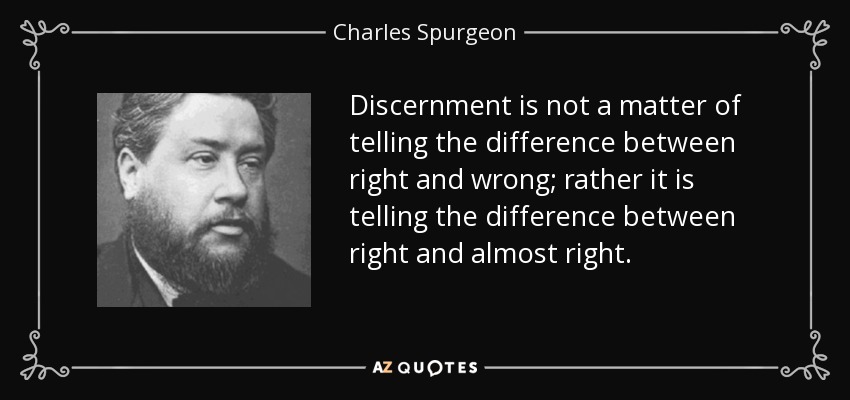
Poorly managed and neglected relationships are far and away the most common reason for self-inflicted pain in peoples’ lives.While every element in this plan is vitally important to your joy, your relationships may be the most important factor in determining your joy. (Second to your relationship with God, of course.)
Consider this, “What’s all your winning actually costing you?” What toll is your work taking on your life? Your family? Your friendships? Your health?
At a very basic level, just being physically present is half the battle. The other half is being mentally present while your body is in the same room!
Relationships are hard. They take time. Conflict happens, and we too easily revert back to win-lose approaches rather than win-win. But the time and effort you put into your relationships will contribute to the joy and fulfillment in your life.
Don’t Try This Alone
We underestimate the challenge of the knowing-doing gap: the disconnect between knowing what to do and actually following through with it.
It’s pretty clear why so many people start out strong but fade over time. Here are the usual suspects:
- Fear: Unwilling to make any courageous or significant changes in their lives.
- No Accountability: The transition to a God-honoring, people-loving, joyful life requires courage and action over an extended period of time. If you don’t have a person, or a group of people, holding you accountable, your odds of reaching your goals are pretty thin.
- Unable to Hear God’s Voice: The lack of conviction about God’s voice in the equation causes hesitancy and self-doubt.
- Money Worries: When people decide to wholeheartedly pursue a life of loving God and others, some peoples’ net worth will decrease, but others will surely increase.
- Ego and Identity: Our titles, roles, social circles, and peoples’ opinions of us may change, and the question of who we really are looms big.
- Unsupportive Friends and Family: Worldly thinking from friends and family create a massive psychological headwind.
- Norms of the Popular Culture: Consumerism, relativism, selfishness, and crude humor is completely counter to our attempts to tap into our greatest peace and joy.
- Busyness: The hectic pace of daily living can be a serious impediment because it crowds out the time to thoughtfully and prayerfully strategize about our lives.
Scottish pastor Alistair Begg said, “Hearing plus obeying equals blessing.”
When you obey and submit to God, you experience freedom. It’s the upside-down kingdom inviting you to the adventure of your life. Spadafora encourages us, “Hold on tight and enjoy the ride.”
May you find the Joy Model helpful in finding peace, purpose, and balance, as you shoot for the stars!

